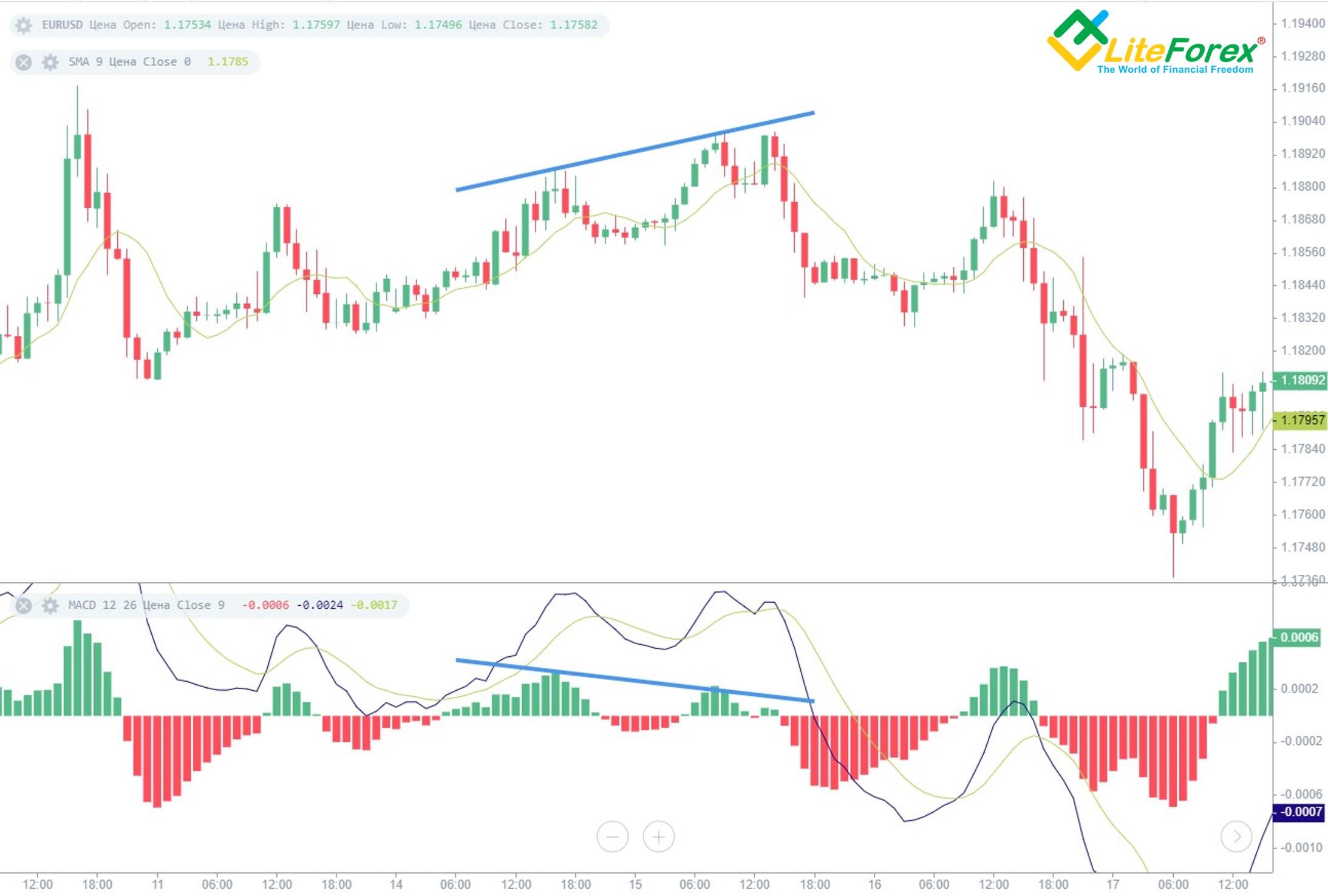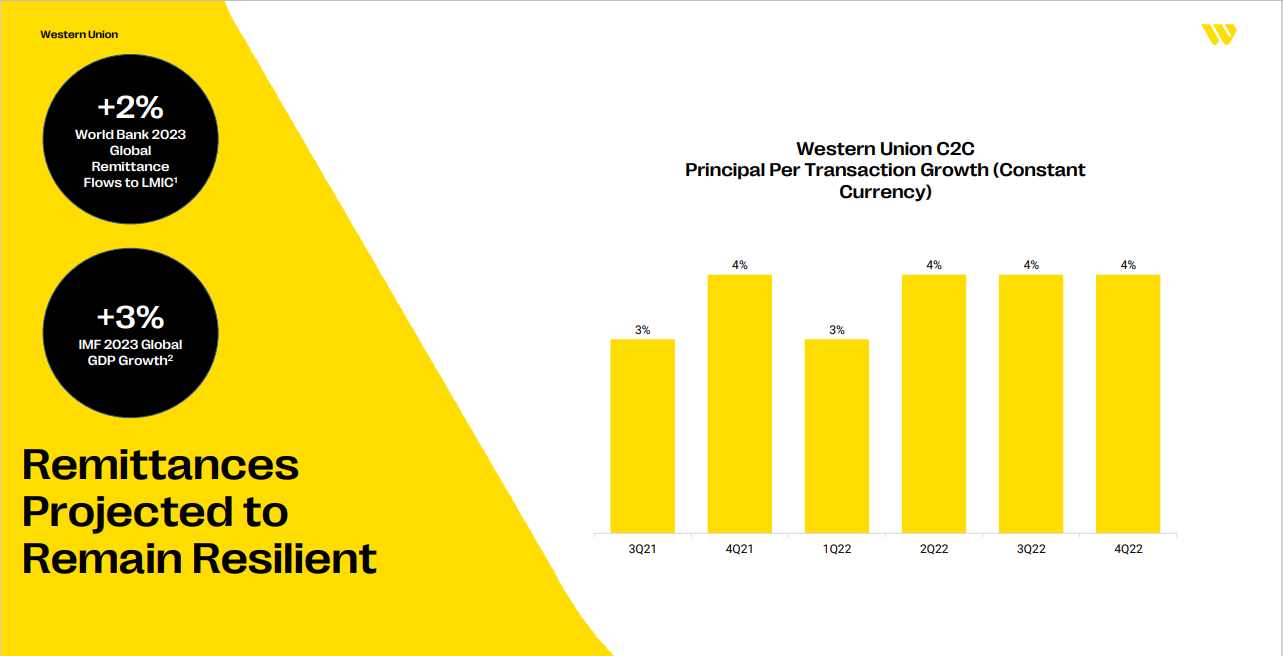
Trading forex can be a great way to make extra money or make substantial profits. The forex market offers traders the opportunity to trade many currencies. It is one among the most flexible markets on the planet. Trader can choose the pairs they wish to trade based upon the volatility and timing patterns. Forex is open during weekends unlike other markets. This makes trading easier and more profitable.
The forex market is a decentralized marketplace that allows global transactions to be made without the need for intermediaries or fees. This reduces the possibility of price manipulation and makes the market more reliable. In addition, the liquidity of the forex market means that there is little chance that you will have to wait for a price change. Spreads in the forex market are low, which makes forex trading very affordable.

Trades can be made at any time. Forex markets are also open twenty-four hours a day, five seven days a weeks. This means that you can trade whenever you are, and you can trade in any currency you want. A forex broker will provide you with a free trading platform that allows you to trade at any time.
Another benefit to forex trading is the leverage. You can make substantial profits even if you only deposit a small amount. You can also use derivative products to go short on other markets. This means that you can make a profit on a price drop and bet that the price will go up in the future.
There are plenty of advantages to trading the forex market, but if you are new to the market, it's important to learn about the market before you commit your hard-earned money. The free practice account will let you test out the market and teach you how to trade. The practice account also allows you to compare the different forex brokers.
Forex trading has many other benefits. It is low-cost and easy to enter and exit. The market is also open five days a week, which allows traders to trade in the morning or afternoon, or both. High leverage allows you to trade small amounts of money while making a big profit.

The forex market is one of easiest to navigate. There are hundreds of indicators and strategies that you can use to help you trade better. Access to data will be available from many different providers. You can also trade forex markets from any country, so you have access to data from a variety of providers.
FAQ
Can you trade on the stock-market?
Everyone. Not all people are created equal. Some have better skills and knowledge than others. They should be recognized for their efforts.
There are many factors that determine whether someone succeeds, or fails, in trading stocks. If you don't understand financial reports, you won’t be able take any decisions.
Learn how to read these reports. Understanding the significance of each number is essential. You must also be able to correctly interpret the numbers.
This will allow you to identify trends and patterns in data. This will allow you to decide when to sell or buy shares.
If you are lucky enough, you may even be able to make a lot of money doing this.
How does the stock exchange work?
Shares of stock are a way to acquire ownership rights. The company has some rights that a shareholder can exercise. A shareholder can vote on major decisions and policies. He/she can seek compensation for the damages caused by company. The employee can also sue the company if the contract is not respected.
A company cannot issue any more shares than its total assets, minus liabilities. It's called 'capital adequacy.'
Companies with high capital adequacy rates are considered safe. Low ratios can be risky investments.
What is the difference between non-marketable and marketable securities?
The principal differences are that nonmarketable securities have lower liquidity, lower trading volume, and higher transaction cost. Marketable securities are traded on exchanges, and have higher liquidity and trading volumes. Because they trade 24/7, they offer better price discovery and liquidity. However, there are many exceptions to this rule. Some mutual funds are not open to public trading and are therefore only available to institutional investors.
Non-marketable securities tend to be riskier than marketable ones. They are generally lower yielding and require higher initial capital deposits. Marketable securities are typically safer and easier to handle than nonmarketable ones.
For example, a bond issued in large numbers is more likely to be repaid than a bond issued in small quantities. The reason is that the former will likely have a strong financial position, while the latter may not.
Because they are able to earn greater portfolio returns, investment firms prefer to hold marketable security.
What role does the Securities and Exchange Commission play?
SEC regulates the securities exchanges and broker-dealers as well as investment companies involved in the distribution securities. It enforces federal securities regulations.
What is an REIT?
An entity called a real estate investment trust (REIT), is one that holds income-producing properties like apartment buildings, shopping centers and office buildings. They are publicly traded companies that pay dividends to shareholders instead of paying corporate taxes.
They are very similar to corporations, except they own property and not produce goods.
Statistics
- The S&P 500 has grown about 10.5% per year since its establishment in the 1920s. (investopedia.com)
- Our focus on Main Street investors reflects the fact that American households own $38 trillion worth of equities, more than 59 percent of the U.S. equity market either directly or indirectly through mutual funds, retirement accounts, and other investments. (sec.gov)
- "If all of your money's in one stock, you could potentially lose 50% of it overnight," Moore says. (nerdwallet.com)
- Even if you find talent for trading stocks, allocating more than 10% of your portfolio to an individual stock can expose your savings to too much volatility. (nerdwallet.com)
External Links
How To
How to make your trading plan
A trading plan helps you manage your money effectively. It helps you understand your financial situation and goals.
Before setting up a trading plan, you should consider what you want to achieve. You might want to save money, earn income, or spend less. You might consider investing in bonds or shares if you are saving money. You can save interest by buying a house or opening a savings account. If you are looking to spend less, you might be tempted to take a vacation or purchase something for yourself.
Once you decide what you want to do, you'll need a starting point. This will depend on where you live and if you have any loans or debts. Also, consider how much money you make each month (or week). The amount you take home after tax is called your income.
Next, make sure you have enough cash to cover your expenses. These expenses include rent, food, travel, bills and any other costs you may have to pay. These expenses add up to your monthly total.
You will need to calculate how much money you have left at the end each month. This is your net discretionary income.
You're now able to determine how to spend your money the most efficiently.
Download one online to get started. Ask someone with experience in investing for help.
Here's an example spreadsheet that you can open with Microsoft Excel.
This graph shows your total income and expenditures so far. It also includes your current bank balance as well as your investment portfolio.
Another example. This was created by an accountant.
It will let you know how to calculate how much risk to take.
Remember: don't try to predict the future. Instead, put your focus on the present and how you can use it wisely.